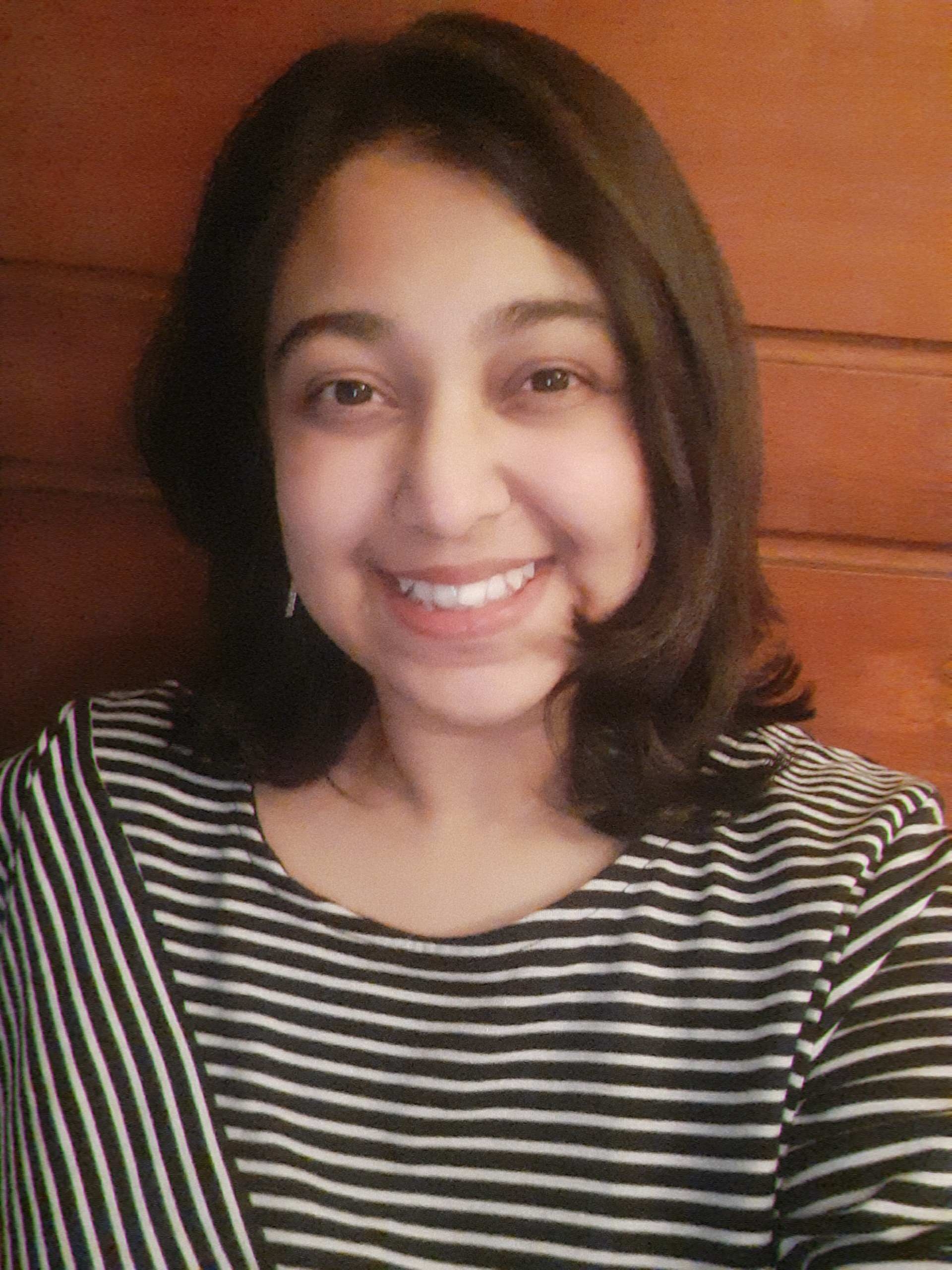
Increasing health concerns, a sedentary lifestyle, and pollution all pose risks to our health. Due to digitisation, India’s insurance sector has achieved 10.3% growth in FY2023. However, general awareness of health insurance terms is still low.
Rohan purchased a health insurance policy for financial security. Within a week, he had to get hospitalised for emergency appendicitis. He had hoped that his brand new health insurance would cover the cost of Rs. 60,000 of his laparoscopic surgery. However, he didn’t realise the importance of waiting periods, as his insurer rejected the claim he placed within 30 days of buying insurance.
To prevent yourself from making the same mistake as Rohan, read this blog to learn about the common waiting period associated with health insurance.
Types of waiting periods
In simple terms, the waiting period is the time duration for which you can’t claim for medical expenses associated with a specific list of ailments. In the above scenario, if Rohan had made another claim after the waiting period of 30 days, the insurer would have paid for it. In this section, let’s explore the different types of waiting periods.
- Initial Waiting Period
The initial waiting period for health insurance policies is generally 30 days. This is the cooling period during which you cannot make any claim. Your health insurance benefits will only apply after this cooling period. Group health insurance policies may have zero waiting periods, implying you can claim benefits immediately.
- Pre-Existing Diseases Waiting Period
Pre-existing diseases (PED) like diabetes, hypertension, cardiac diseases, etc, usually have a waiting period ranging from 1 to 4 years. PED waiting period or pre-existing diseases waiting period refers to all types of illness diagnoses you have received before purchasing the policy. Investing early in health insurance will allow you to ride out this waiting period when you are healthy and without any pre-existing diseases.
- Specific Diseases Waiting Period
Even though initial and pre-existing waiting periods are easy to note, it is critical to go through the clause- specific diseases waiting period. These additional waiting periods are applicable for specific diseases/medical conditions, which may vary from policy to policy. Here are a few examples:
- Maternity Cover Waiting Period
Maternity coverage is available for individual health insurance and family floater plans. It covers pregnancy, delivery, and pre and post-natal care costs. The coverage usually extends to a few weeks after delivery and the newborn baby.
However, maternity cover usually has a waiting period of 9 months to 4 years. This means you must invest in maternity cover as soon as you are married to serve the waiting period.
- Psychiatric Treatment Waiting Period
In this day and age, the number of people, young and old, needing psychiatric treatments and consultations is on the rise. Even the consultation charges are hefty, and treatments take several months. Insurance can help with such high costs, but coverage for psychiatric treatment has a waiting period of up to 2 years.
- Bariatric Surgery Waiting Period
Bariatric surgeries are usually recommended for weight loss. Sometimes, you may need it due to problems with your digestive system. However, your insurance policy may have a waiting period of 1 to 2 years. So, even if such a surgery is medically necessary, you cannot claim before the waiting period.
Importance of Waiting Period
Corporate health insurance policies sponsored by your employer usually have zero waiting periods. If your company provides group insurance, you will be covered from day one of starting your job. However, the waiting period applies to individual and family health insurance plans.
So, if you have not purchased individual plans for you or your family because of corporate coverage, understand that the group coverage ceases to exist when you quit your job. Even if you purchase individual health insurance after leaving your career, you and your family will be without insurance protection until the waiting period ends.
Depending on your policy, some insurers may provide partial coverage during the waiting period, meaning that you can claim for certain expenses.
The waiting period applies only at the time of purchasing health insurance. For subsequent policy renewals, the initial cooling period will not be applicable. However, other types of waiting period for diseases, maternity cover, and newborn cover will continue until you have crossed the waiting period with the same insurer.
If you let your health insurance policy lapse without renewal, the waiting period will be reinstated. This means you cannot claim until the new waiting period is over. The waiting period for specific diseases or pre-existing diseases you have completed with your lapsed policy will not be counted for repurchasing the same insurance policy from the same insurance provider.
Some insurance providers will offer a reduced waiting period for a higher premium. Evaluate your need for coverage before choosing this option.
Key Takeaways
Waiting periods are an integral part of health insurance. Buying health insurance when you are young is crucial for financial planning. It is recommended to buy health insurance with a minimum waiting period for pre-existing diseases or no waiting period for specific diseases you may suspect yourself to be vulnerable to. This way, you can make an insurance claim without worrying about rejections whenever you have to deal with medical expenses.
Additionally, you can consider choosing platforms like PhonePe for a seamless and hassle-free insurance purchase experience.
Frequently Asked Questions
Is the waiting period in health insurance the same as the survival period ?
In which cases do health insurers offer zero waiting period ?
Is there any way to bypass the waiting period in case of critical illnesses ?
Does PhonePe ask for medical history before suggesting health insurance plans based on waiting period ?
What if I get diagnosed with a disease after purchasing health insurance ? Do I still need to wait for some time before making a claim ?
